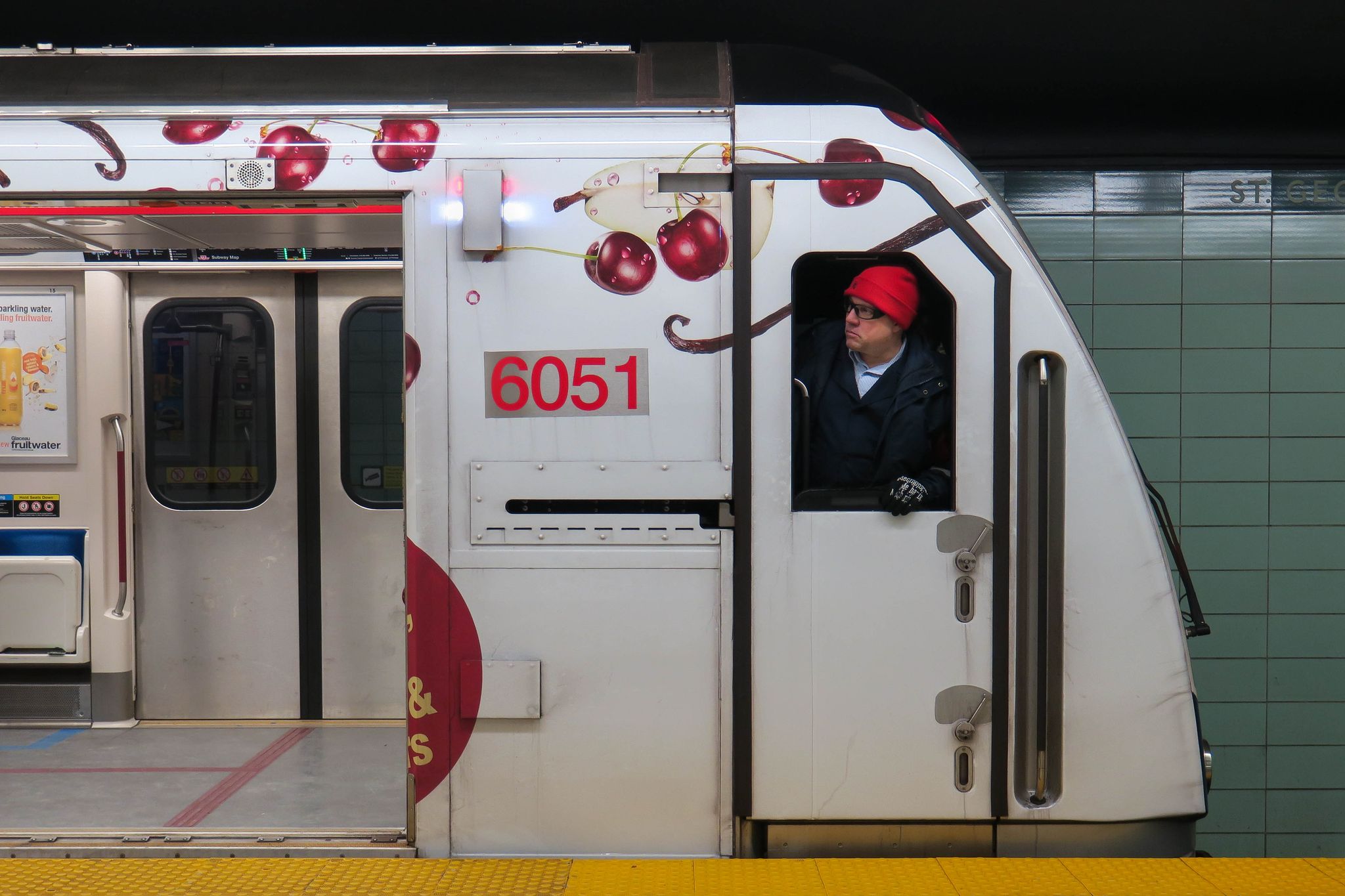
TTC signal problems expected to plague Toronto's subway system until 2022
By the end of this year, the TTC should be finished installing its new Automatic Train Control system for Toronto's oft-delayed Yonge-University line—the key operator here being "should."
A report set to go before the transit commission's board next Thursday reveals that the ATC upgrade project is, in fact, three years behind schedule and nearly $100 million over budget.
This means that subway riders can expect more pesky "signal delays" to mess up their commutes until 2022—September of 2022, to be exact, when the project is now scheduled for completion.
The report, authored by TTC Chief Capital Officer Susan Reed Tanaka, outlines what is described as a "required contract amendment for the Line 1 Automatic Train Control (ATC) project."
It's gonna be a long commute today! #ttc #signalproblems #toronto pic.twitter.com/DNe7dfwyXN
— Sarah Lawless (@SarahALawless) February 28, 2019
Four of six "phases" have already been completed, according to Tanaka, with ATC now successfully implemented on about 40 per cent of Line 1.
To finish the remaining phases, the company must extend its contract with a company called Parsons Inc., which has been working on the ATC project since 2006.
"The existing Parsons contract for specialized engineering consulting services requires an increase to the upset limit and a contract extension," reads the report, which recommends that the board increase the contact's upset limit amount by $13 million, bringing the total to $57,298,298.
"This will provide TTC with the expertise required to support the implementation of ATC on the remainder of Line 1," it continues. "The amendment of the Parsons contract to extend the schedule time and increase the upset limit amount will support the implementation of ATC for an in-service date of September 2022 for TTC's Line 1."
Wow, your ATC system got signal problems.
— NCKKR (@CaKrome) March 31, 2019
The board will, of course, have to vote in favour of extending the contract, but they don't really have much of a choice—it's either that or stopping work on the ATC altogether
"These specialized skills are limited industry wide, and proficiency in ATC systems requires several years of directly related work experience," writes the TTC of what Parsons does, noting that it would be "disruptive" to even attempt finding a new consultancy.
With three more years of signal delays on Line 1 in Toronto's future, disruption is the last thing our subway system needs more of.
Latest Videos
Latest Videos
Join the conversation Load comments







